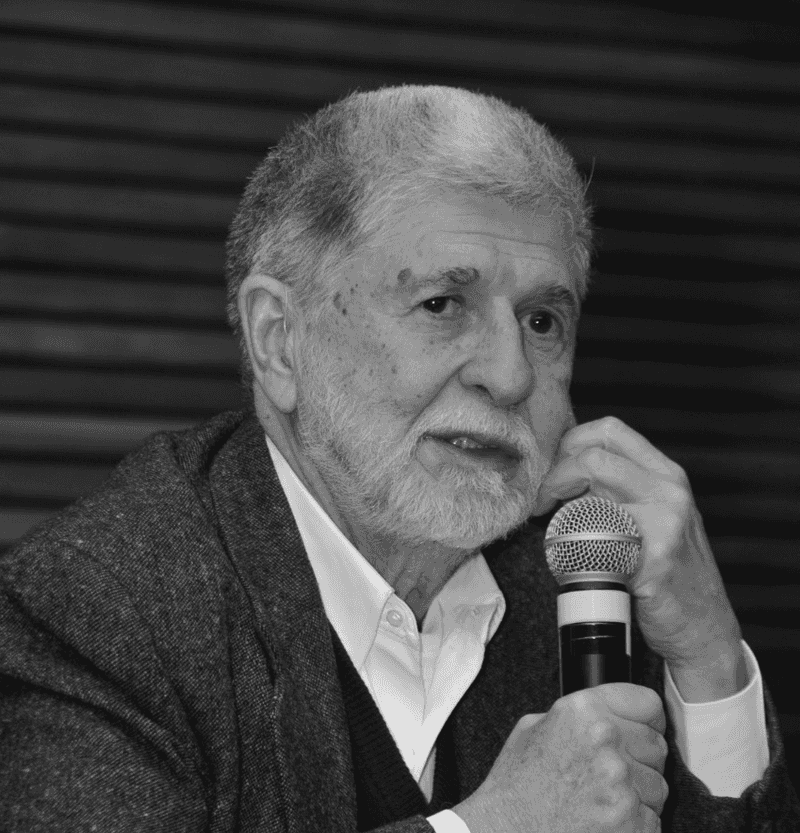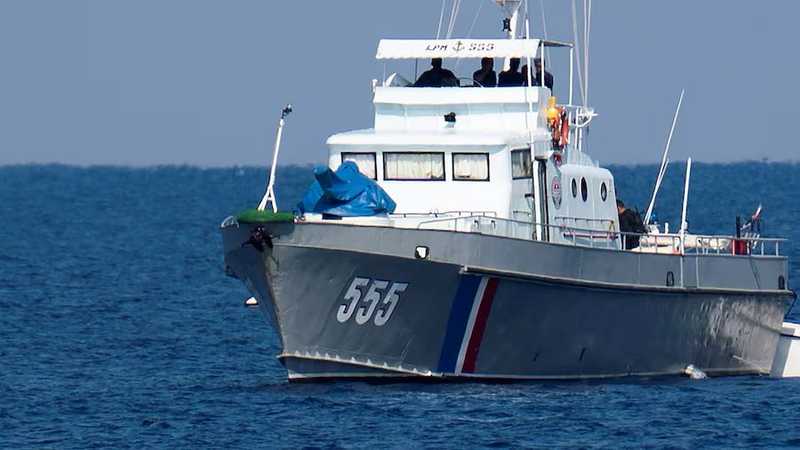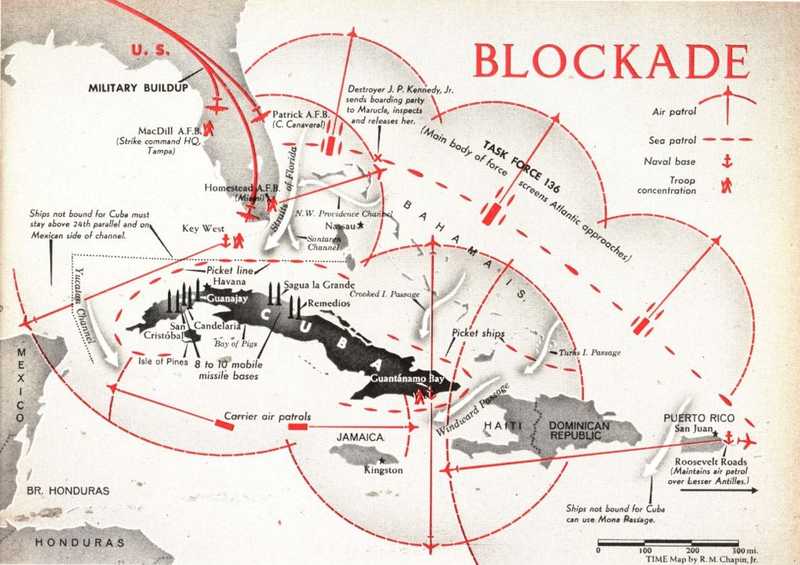
Although it is difficult to anticipate how a post-COVID-19 world will look, there seems to be a consensus among analysts that the post-World War II order will experience profound changes, including in relation to the many important geopolitical transformations that took place — less stable than presumed — with the fall of “true socialism” and the Soviet Union’s dissolution.
One of the most predictable changes, which does not seem to invite much debate (apart from value judgments on the subject), includes China overtaking the United States as the world’s largest economy. This has already occurred in terms of purchasing power, a criterion often used by international financial institutions like the International Monetary Fund or the World Bank, to refine exchange rate fluctuations and measure the economic weight of individual countries. In a few more years, the Chinese economy will most likely outperform the United States in terms of GDP, measured by market prices.
It should be noted that China’s economic boom, as usually happens, is mirrored in the political sphere and, to a lesser but perceptible extent, in the military-strategic field. Even Western thinkers, particularly Americans, point to the growth of China’s so-called “soft power”, as opposed to the fading luster of the United States. Recent research conducted during the pandemic has revealed that the so-called “land of freedom” has lost popularity in the view of European countries, especially in that of Germany. In recent years China has also become more attractive thanks to projects such as “Belt and Road”, also called the “New Silk Road”. China’s appeal, despite the continuous reticence about its political regime, is accentuated in both the short and medium term by the perception that (for better or worse) the country was capable of containing the virus, due to both its diplomacy in cooperative action surrounding the pandemic, and propensity to invest in other parts of the world. At the same time, Donald Trump’s indifference or even hostility towards other countries has resulted in an even more pronounced decline in American “soft power”, as noted by Joseph Nye (who coined the term), among others.
A big unknown, which will be clarified in the following months, is where U.S. foreign policy is headed. Obviously, the United States’ structural interests will remain the same, beginning with financial capital, large technology corporations, and strategic-military considerations, although internal change stemming from the pandemic and growing agitation within the black community may substantially affect how those interests will be presented and defended around the world. In essence, in choosing between Donald Trump or Joe Biden, the question is whether Washington will go in one of two directions: the first, maintaining an aggressive defense of its economic and strategic interests, without taking into account other positions or sensitivities; the second, if it will avoid risky conflicts and unnecessary confrontation, as it has done by and large since World War II. We will have to wait until the first days of November for an answer to this question.
The United States-China confrontation could mean that the world will shift from the unipolar post-Cold War scenario, which has slowly faded away in the past two decades, to a new bipolarity (some analysts refer to it as a “new Cold War”). The potential for conflict and rivalry between the world’s two largest economies should not be underestimated. Graham Alison, a respected political analyst who has held important positions in the United States administration, coined the phrase “Thucydides Trap,” referring to the risk (or practical certainty) of conflict when an emerging power surpasses or threatens the supremacy of a to date dominant power. This is what occurred between Athens and Sparta in the Peloponnesian War, five centuries before the Christian Era.
But this may not necessarily be so. First, from a military-strategic point of view, Russia cannot be ruled out, as its highly destructive modern weapons potential has been continually updated and improved; this includes hypersonic rockets and powerful, nuclear-capable torpedoes. Furthermore, Russia has a vast territory, ranging from the heart of Europe all the way to the arctic, rich in natural resources like oil and gas, which needless to say play an important role in the global economy. Moreover, it goes without saying that after the “Yeltsin hangover” period, followed by the dissolution of the Soviet Union, Moscow once again demonstrated assertiveness on the international stage, illustrated, inter alia, by its actions in Crimea and Syria. As such, from a strategic-military point of view, which also carries political connotations, rather than referring to bipolarity, we should be more accurate and speak of a “tripod”, in which three superpowers would seek a varying balance.
Today, this equilibrium tends to manifest itself in a “Eurasian” alliance between Moscow and Beijing, versus a deliberately aggressive and highly unpredictable U.S. government, as manifested in the Syria and Afghanistan conflicts and, to some extent, in its relationship with North Korea. However, the stability of this alliance is far from permanent. There is no ruling out the possibility that, as in the past (who does not recall the Sino-Soviet conflict of the 60s and 70s?), clashes of interest between the two great powers of the Eurasian landmass, from which Washington can benefit, will take place. A very extended border can allow for important cooperative efforts, but it is often a source of friction. This is not the most likely scenario at this moment, due to Russia’s heavy reliance on investment and Chinese economic support, but it cannot be ruled out in the long run.
At the same time, this “strategic tripod” is not the only conceptual framework shaping the new post-virus world order. In a restructured world, the European Union will continue to hold weight. Recent decisions seem to indicate a renewed willingness on the part of its most important members, most notably Angela Merkel’s Germany and Emmanuel Macron’s France, to strengthen the Union, especially with regards to the role of European institutions in fiscal policy. In addition to loans, the two governments have agreed on major direct incentives, in the form of direct subsidies and debt sharing toward post-pandemic reconstruction. These ideas have enjoyed the support of Brussels. Obviously, we must wait and see how the European Commission’s good intentions will translate into concrete projects benefiting the economies most affected by the crisis. In a multipolar system, in which it will be necessary to counter brute power with genuine cooperation, the European Union’s capacity for initiative and negotiation should not be underestimated. Paradoxically, in the medium term, Brexit, which has always been understood as a weakening phenomenon, may have in fact contributed to reinforcing the Paris-Berlin axis, with important ramifications in southern Europe. Of course, European unity will continue to face great challenges, including the autocratic tendencies of some former pro-Soviet countries, which threaten the democratic image that the Old Continent seeks to project. In any case, in the main negotiations regarding global issues including climate, immigration, trade, and human rights, Europe will continue to act in a coordinated fashion. In a world of large blocks (the United States, China, and Russia are blocks in themselves), the European Union will make its influence felt.
Ultimately this leads us to ask: what is the place of Latin America and the Caribbean, and in particular that of Brazil, in constructing the new order? One option for the countries of this region would be to act individually, each trying to obtain the maximum advantage through preferential alliances, with one or another strategic pole. The “subaltern” option, already practiced by some governments, would leave us hostages to the interests of one of the great powers responsible for global balance. Whenever the interest of a country or region collides with this hegemonic power, one of them will have to yield. Values and ideas such as solidarity, cooperation, and peaceful dialogue would be set aside in favor of the “manifest destiny” of the more powerful country. It would seem more logical, in this new “multipolarity” (albeit still showing traces of bipolarity) on the horizon, that Latin American and Caribbean nations act in unison as much as possible, while developing countries continue to prepare for great future economic and technological challenges.
Of course, it is even more difficult today to imagine that with such disparate governments — and with the largest country in the region adopting such a clear submissive policy — a scenario of greater independence is possible. Nevertheless, it is essential that we maintain clarity in this regard, in order to implement a true policy of Latin American and Caribbean integration and cooperation when conditions allow it (if necessary, in the case of Brazil, preceded by greater South American integration).
This dream of South/Latin American (and Caribbean) unity, in order to be effective, also presumes partnering with other groups of developing countries. Despite the diversity of situations and political leanings, Africa has managed to remain united on major global issues such as climate change, access to vaccines, opposition to economic sanctions, and the promotion of multilateralism. In Brazil’s case, cooperation with Africa is a historical and cultural obligation, given the fact that an absolute majority of its population is of African ancestry. It is also essential in the pursuit of the interests of developing nations, as has been demonstrated on more than one occasion in debates on the environment, trade, or global health. Something similar will occur with developing countries in Asia (in addition to China which, strictly speaking, cannot be termed as “developing”), beginning with India, whose economy as measured by purchasing power is among the five greatest in the world. To what extent these nations will achieve independence without becoming subordinate to or, on the contrary, hostile towards China, is something that remains to be seen and is difficult to predict.
It should be noted that the strategic vision prevailing in Washington today already attempts to subvert this “multi-polar arrangement.” Already during the pandemic and under the leadership of the U.S. Secretary of State, foreign ministers from seven countries met virtually. According to Indian news outlets, in addition to the United States, the foreign ministers of Brazil, Israel, India, Australia, Japan, and South Korea were present. This seemingly heterogeneous group shares a common feature: either for ideological reasons or due to regional interest and rivalries, they are considered potential allies in a hypothetical confrontational policy with China. Curiously, no European country was included among them, as European leaders have proven themselves to be quite pragmatic towards Beijing. Although it would be premature to assess the stability of this configuration, it does demonstrate that the current U.S. government foresees an eventual anti-Chinese regime configuration—one that, incidentally, is in total opposition to the interests of Brazil and Latin America. Political Fora like the BRICS and the IBSA, of which Brazil forms a part, can and should act to de-escalate this confrontational vision.
In anticipating a new world order, it would be very simplistic not to take into account the changes that will take place within and across countries. The impressive anti-racist protests that have spread from the United States to the rest of the world, with strong links to the struggle against colonialist practices (still present in the migration policies of European countries), will require sweeping reforms; these will be added to others already demanded during the pandemic like improved health services or the expansion of the public sphere into social and cultural domains. On the other hand, neoliberalism fatigue, which has provoked mass protests in countries like Chile, Colombia, and Ecuador, will continue to spread throughout the region fueled by recession and unemployment as long as myopic austerity policies are not replaced by public investment or greater direct participation from the state in the economy. It should not be ruled out that some countries with fragile or weak institutions will experience social upheaval that either leads towards true democratization of society or, admittedly, a desire for security and order with fascist overtones, beyond the patterns already present in countries like Brazil and Bolivia. Such internal transformations, the direction of which will depend in part on the capacity of progressive forces to mobilize large masses (including workers, minorities and the youth), cannot be ignored in designing the future international order.
In sum, in the months and years to come, both domestic change and that of the global geopolitical framework will engage so that the new order substitutes the current one. This should take place, to varying degrees, via official institutions, like the United Nations, and informal ones, like the various “G-summits,” where global issues are discussed and occasionally become of the object of consensus, which in turn influence decisions on various levels of governance. Issues like climate, pandemic, and employment will be at the center of these discussions. Whether they are conducted in a spirit of solidarity and cooperation, or one of selfishness and conflict, will depend on the work of nation states and transnational groups, including civil society. As always throughout history, challenges are posed. It is up to human beings, appropriately articulated, to solve them.
Celso Amorim is the longest serving foreign minister of Brazil to date (1993-1994 and 2003-2010). He also served as Minister of Defense (2011-2014). Amorim remains active in academic life and as a public figure, having written a number of books and articles on matters ranging from foreign policy to culture.



